jay | 30s | she/her | a03: jkateel | profile pic by @artofmisi | i have fallen back into dragon age hell and i love it here
Last active 60 minutes ago
Don't wanna be here? Send us removal request.
Text

pariah turned archon .
610 notes
·
View notes
Text

your protector.
593 notes
·
View notes
Text

woof
inspired by the screenshots from @nananarc 👀👀 his tongue is blue....
591 notes
·
View notes
Photo

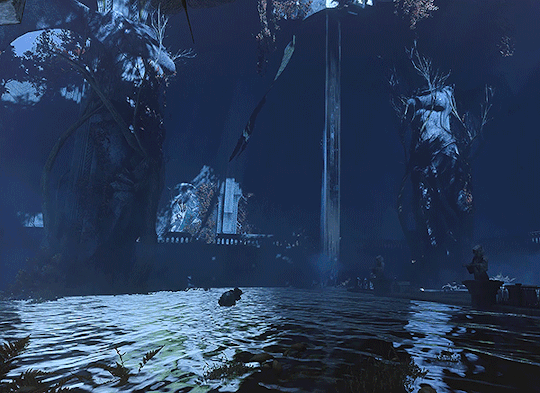

Lost Temple of Dirthamen
1K notes
·
View notes
Text
and here is the dalish interpretation of Then'a! I do think I like the el'vhen version better, but i had fun with both.
over the span of thousands of years and voices this (fan)song has changed meaning some, but the dalish interpretation is just as worthy of being sung as its predecessor. now, it celebrates the resilience of The People, and calls for them to band together to continue forging ahead into the future.
lyrics under the cut :)
here's the other version, sung entirely in (my best attempt at) el'vhen.
i like to think the dalish would sing this as they work, while traveling from home to home, or to rouse sleepy children. i originally made it for my inqy, who loves to hum even if her voice is uh. hmmm.
Then'a, then'a, With the golden dawn then’a, Through darkness deep The People have endured To sing again Sul'en, sul'en, Within the daylight sule’vhen, Hand in hand we shape our path, we won't Be lost again Hima, hima As one we must become Lest like the burning sun The People set, our light Swallowed again, We'll never give in.
i really wanted to give this one a bit of a brighter beat, so i upped the tempo and tried to swing it a bit. i also wanted to contrast the voices leaving in the other version by having them join instead in a round for this one, but it was getting a bit long so i went ahead with just having a staggered beginning to emulate people joining in.
#dragon age#i really love this!!!#you can almost here the beat repeating and drums/flutes joining in on the melody
11 notes
·
View notes
Text
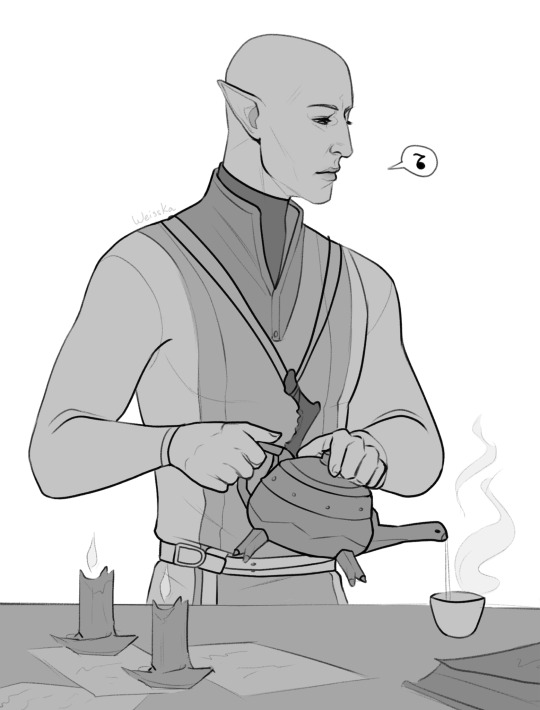
Solas has a turtle-shaped teapot. That's all.
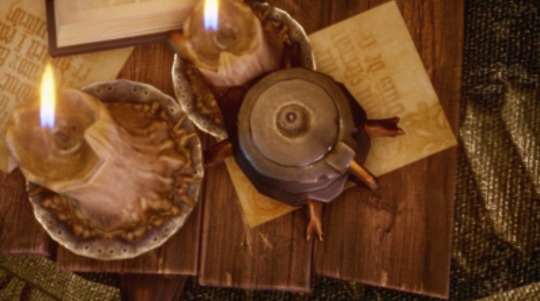
2K notes
·
View notes
Text


Spotted an OC MEME post by @linposter and decided to take a crack at a graphic version for 𝔼𝕧𝕒𝕣𝕚𝕤𝕥𝕖
#My favorite disaster of a man#rook mercar#evariste mercar#friend’s OCs#dragon age#dragon age the veilguard
17 notes
·
View notes
Text

most precious, must be protected at all costs
2K notes
·
View notes
Photo

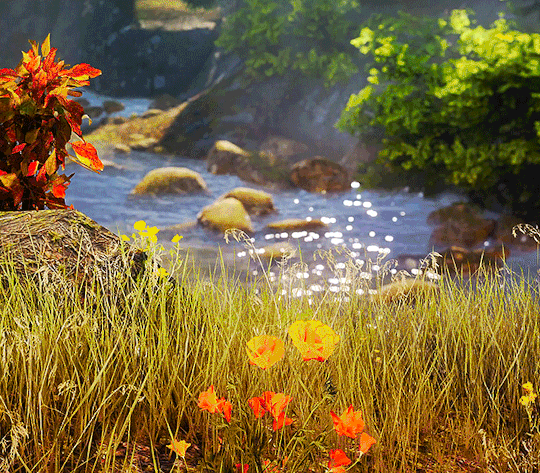
Dragon Age: Inquisition | Redcliffe
3K notes
·
View notes
Text

(not pictured: Dorian somewhere in the background pretending to vomit.)
139 notes
·
View notes
Text





Dragon Age: The Veilguard
𝐄𝐯𝐚𝐫𝐢𝐬𝐭𝐞 𝐌𝐞𝐫𝐜𝐚𝐫, 𝐛𝐚𝐜𝐤𝐠𝐫𝐨𝐮𝐧𝐝
#😍#my favorite disaster of a man#go read the story behind him on bossuary’s page!#dragon age#dragon age the veilguard
11 notes
·
View notes
Photo
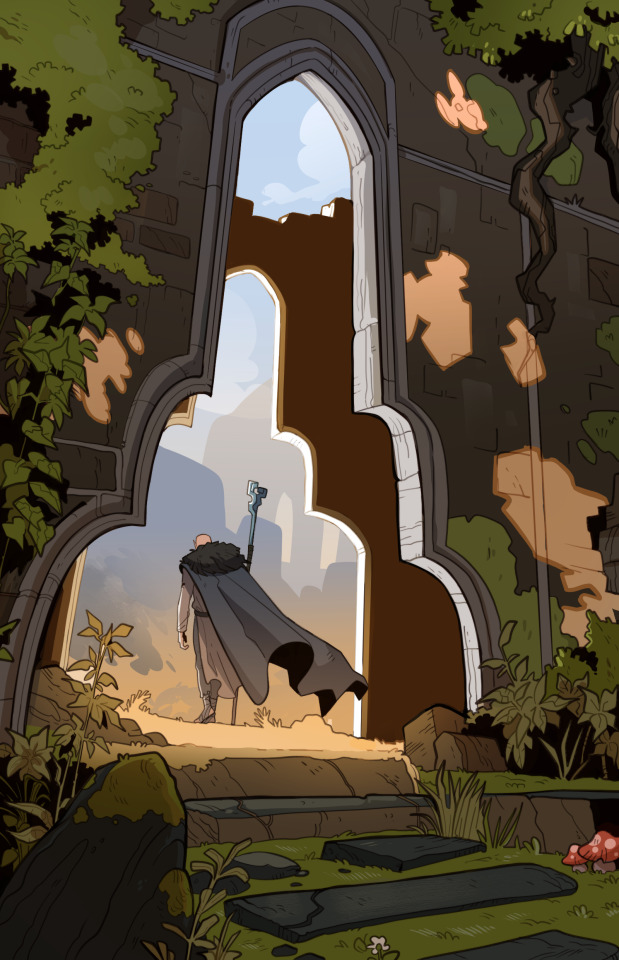
Find me way out there There’s no road that will lead us back When you follow the strange trails They will take you who knows where If I found a way to stay with you tonight It would only make me late, for a date I can’t escape
3K notes
·
View notes
Text


I made my first mod ever 🥹 young solas
53 notes
·
View notes
Text


Party Banter [3/??]
459 notes
·
View notes
Text
In Solas' regret frescoes, he has no vallaslin.
We have no concrete confirmation of when he would have first submitted to it and when he would burn it from his face (though it appears many do agree the removal of it would likely be the beginning of his rebellion).
And all his frescoes appear to be regrets connected to others - external.
Removing his vallaslin would be an intense, internal personal decision.
And perhaps, there is no mark of the vallaslin upon his face in these regret frescoes because it was actually a symbol of his will, a moment of breaking free, his first true act of rebellion.
He would not regret that, knowing that he removes it from others, freeing them.
37 notes
·
View notes




